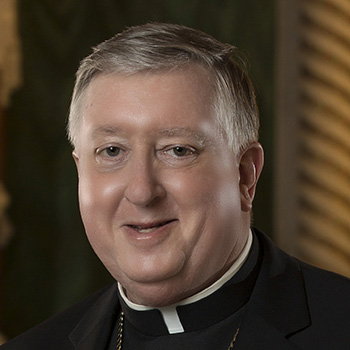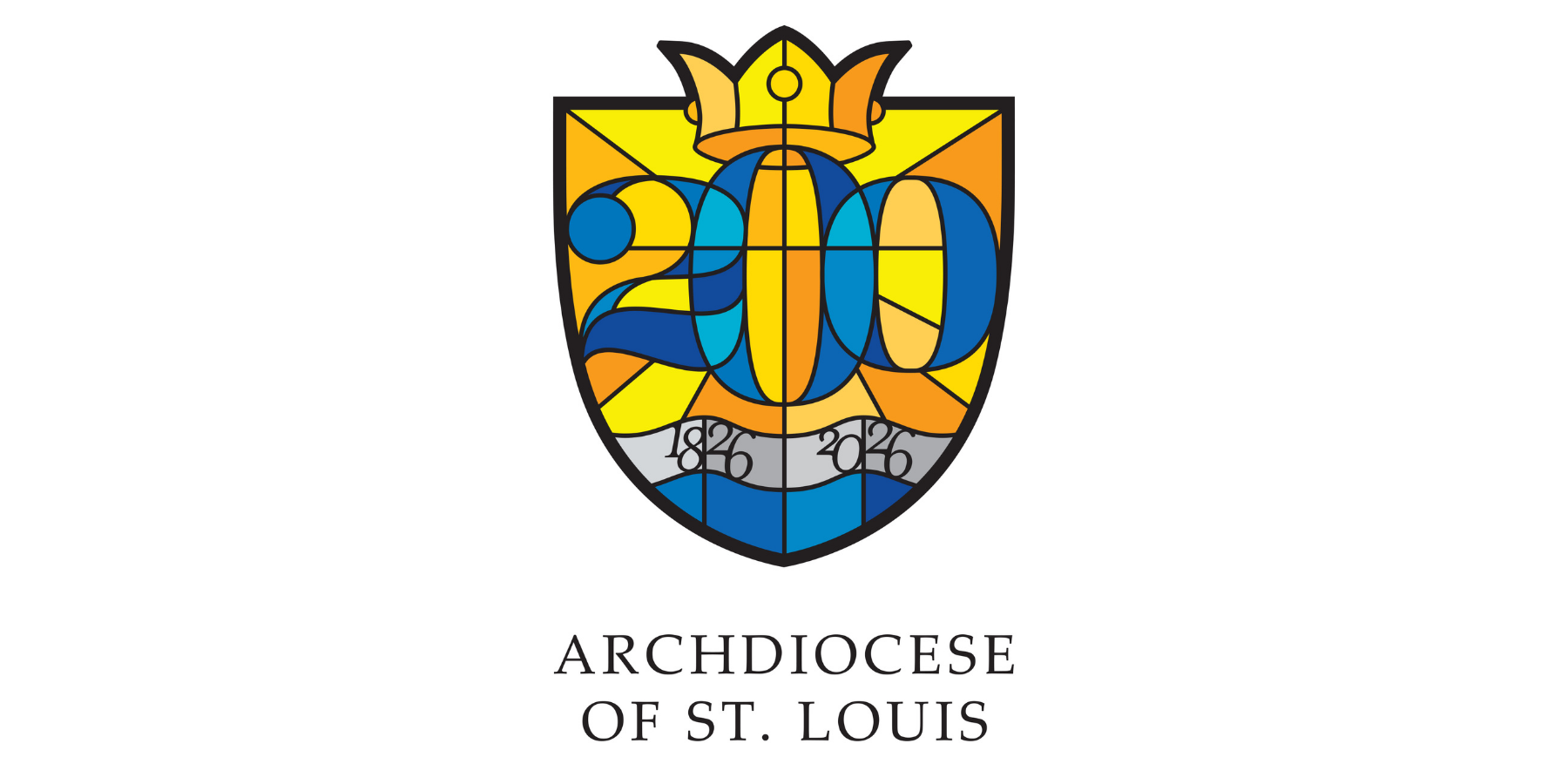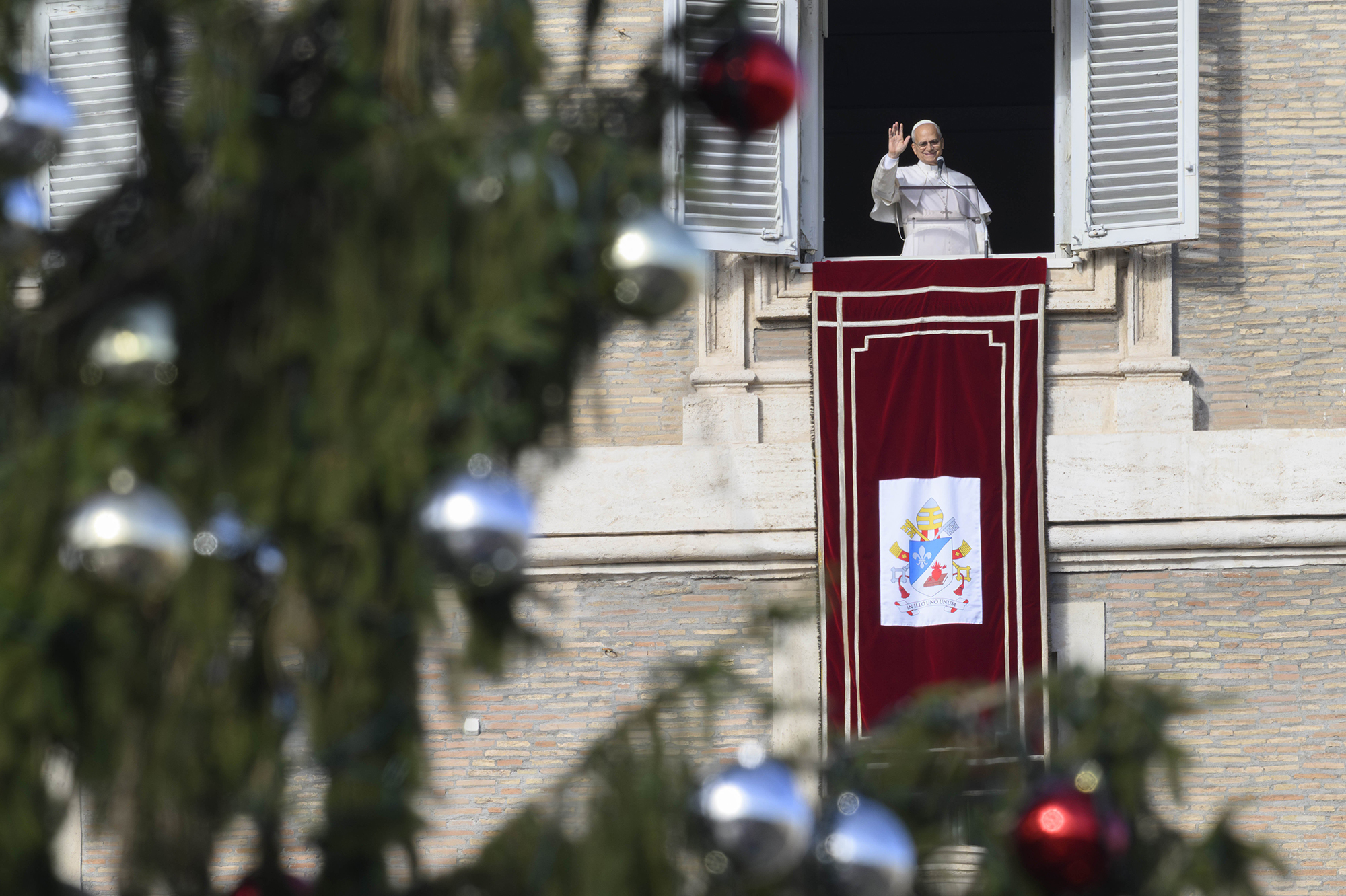SERVE THE LORD WITH GLADNESS | God’s intention for love
God restores order and brings healing to our fallen notion of love

Dear brothers and sisters in Christ,
The readings this week are timely. We hear the creation accounts from Genesis, showing how God brings order to the world. We hear a series of healing stories in which Jesus restores order when creation has fallen into different kinds of chaos. Then, on Valentine’s Day, we hear the account of the fall of Adam and Eve. How fitting when we consider the chaos that has crept into modern culture’s notion of love!
“Whatever you feel, you should act on it” is modern culture’s notion of love. But that notion of love echoes the fall of humanity: It’s wrong in itself and it leaves chaos in its wake — shame, confusion, people using each other and being used.
How does God offer to restore order and bring healing to our fallen notion of love? Here are some thoughts rooted in the Catholic tradition that give a better notion of love and help restore the order that God intends for love.
The philosophical tradition, best articulated by St. Thomas Aquinas, says that love means “to will the good of the other.” In this definition, love is an act of the will, not a byproduct of feelings. Order is restored when love is built on the rock of a steady will rather than the shifting sand of feelings.
In “Theology of the Body,” St. John Paul II articulated the role of the body in love. For example, he wrote: “Conjugal love involves a totality, in which all the elements of the person enter — appeal of the body and instinct, power of feeling and affectivity, aspiration of the spirit and of will. It aims at a deeply personal unity, the unity that, beyond union in one flesh, leads to forming one heart and soul.”
He recognized the role of feelings and the body but placed them in the deeper context of the soul. Then, drawing that deeper account of the person toward Christ, he said: “[C]onjugal charity … is the proper and specific way in which the spouses participate in and are called to live the very charity of Christ who gave Himself on the Cross” (Familiaris Consortio, #13).
Order is restored to love when the body and soul are drawn together, and both are drawn to the Cross.
Pope Benedict XVI complemented the philosophical tradition with a theological point when he said: “‘justice’ means giving another what is their due, while ‘love’ means giving another what is mine” (Caritas in Veritate, #6).
Note how deeply connected to the Eucharist his definition of love is: In the Eucharist, Jesus gives us Himself. Order is restored when love is more about giving than taking.
Pope Francis, recognizing the fallen state of the world and building on the previous points, said this in his encyclical on the Sacred Heart: “In union with Christ, amid the ruins we have left in this world by our sins, we are called to build a new civilization of love” (Dilexit Nos, #182).
When we think that love means simply acting on our feelings, we recapitulate the fall and chaos ensues. But the God who is love has shown us what authentic love is and He wants to bring order to our chaotic world. The Catholic tradition holds a richer notion of love and offers it as a healing remedy to the world today.
Happy Valentine’s Day!





